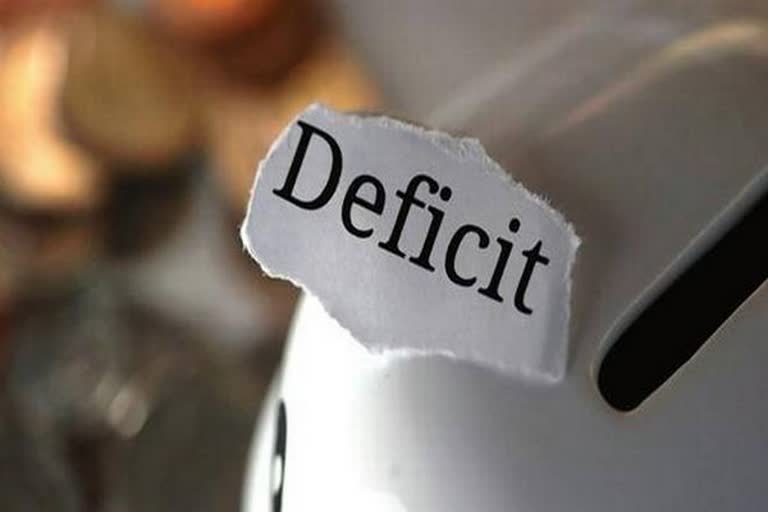Mumbai: The combined fiscal deficit of the states will hit a peak of Rs 8.7 lakh crore or 4.7 per cent of their GDP this fiscal on the back of steep fall in tax collections due to disruptions inflicted by the pandemic, according to a report.
Revenue of the states have so badly fallen that as much as 70 per cent of the fiscal deficit is contributed by revenue deficit, which normally used to be only around 15 per cent, a Crisil study said on Wednesday.
Economic activity slumped from late March last when the country was brought under a lockdown, and subsequently improved as the restrictions were eased.
While the first quarter saw the economy tanking by a historic -23.9 per cent, by the second quarter the contraction narrowed to 7.5 per cent and now analysts are expecting Q3 and Q4 to print in the green.
The pandemic has hit tax collections of the states and resulted in a near four-fold spike in their revenue deficits this fiscal over FY20, the report said.
This will not only expand states' aggregate gross fiscal deficit to an all-time high of Rs 8.7 lakh crore, or 4.7 per cent of their gross state domestic product or GSDP but also skew its composition towards revenue deficit which is relatively less value-accretive towards future tax potential, it added.
Though tax collection may slowly recover with improving economic outlook, higher interest burden, because of the high debt funding of this year's gross fiscal deficit, coupled with sticky revenue expenditure, may keep revenue deficit high for the states and the deficit composition skewed over the next two-three years, the report said, adding that this will, in turn, increase their credit risk.
The analysis is based on the data from 18 large states, which account for over 90 per cent of aggregate gross state domestic product, the agency said.
According to Manish Gupta, a senior director at the agency, composition of gross fiscal deficit of the states apart from its level, is one of the critical indicators of credit quality. The higher contribution of Capex in a state's deficit composition is viewed positively as it supports the capital formation and improves its tax potential.
